Burying people in coffins rather than directly in the ground has historical, cultural, and practical reasons.
Human burial practices using coffins have existed for thousands of years. They provide a method for dealing with the deceased; however, this approach is not without its flaws.
In the United States, approximately 404,685 hectares (1 million acres) are dedicated to human burial.
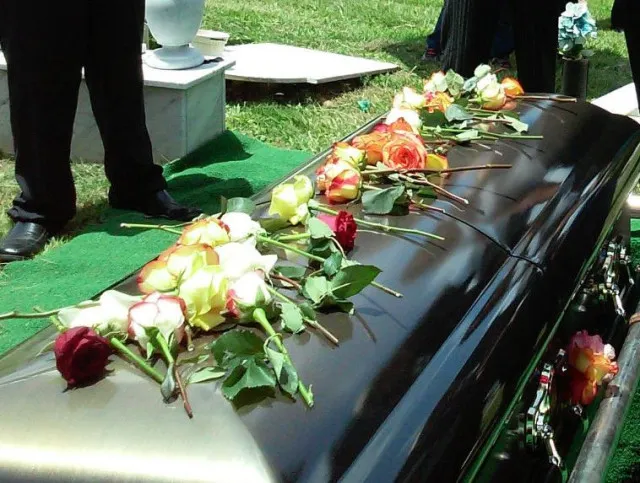
The production of coffins leads to the loss of around 1.6 million hectares (4 million acres) of forest each year.
So, why do we choose to bury the dead in coffins instead of just placing them in the ground?
The need fro dignity in Burial
Death arrives unexpectedly, necessitating a respectful way to transport corpses to burial sites.
Emergency services use body bags, but families often prefer a more dignified option for their loved ones.
Coffins, with their handles and solid shape, allow for safe and efficient transport.
They conceal the corpse and spare mourners from the unpleasant smell of death, which can evoke a strong human response. In some cases, the right coffin may even save lives.
Health risks associated with corpses
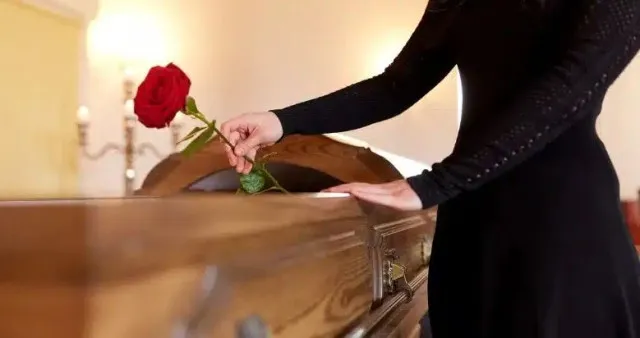
After death, our bodies become breeding grounds for bacteria that our immune systems once controlled.
Certain diseases, such as tuberculosis and cholera, can be transmitted by corpses, posing risks to those handling them.
To minimize these risks, high-risk corpses can be placed in sealed coffins. Lead-lined coffins have been a tradition among royalty since William the Conqueror’s infamous sarcophagus explosion.
In the UK, they are legally required for any coffins interred above ground.
In nature, decomposition occurs rapidly.
Various organisms, from microbes to scavengers, break down our bodies. This complex ecosystem prevents the accumulation of human remains.
However, without a coffin and just a bit of soil, bodies might not stay buried for long. Flies can dig up to 2 meters (6.6 feet) deep, entering coffins to lay eggs.
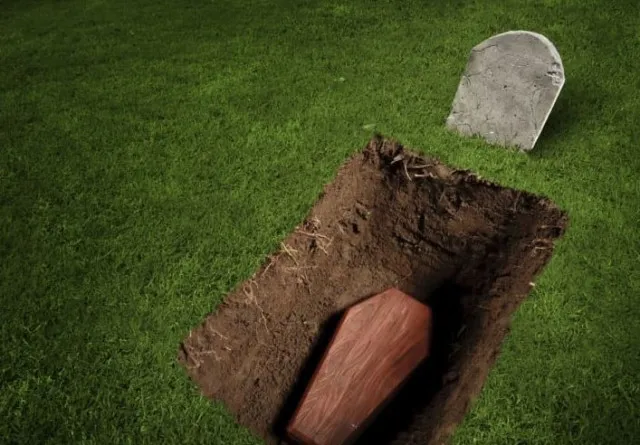
Animals like coyotes, raccoons, and even domestic dogs can disturb graves, complicating the burial process.
Cultural practices around funerals provide insight into what ancient humans valued.
They were often buried with their most treasured possessions.
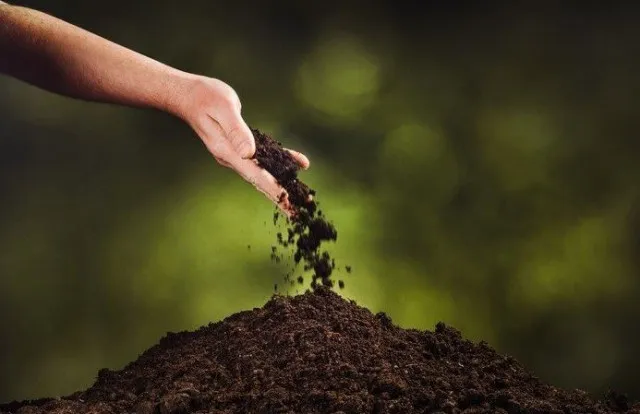
The smell of decay attracts scavengers, but the allure of valuables has historically led to grave robbing. Coffins serve as a barrier against these intruders.
When body snatching increased, inventive solutions emerged. One notable invention was the coffin torpedo, designed to deter grave robbers with explosive force.
If traditional burial doesn’t appeal to you, modern options abound. The 21st century offers alternatives such as cremation, aquamation, and even composting.
These methods provide unique ways to honor the deceased while minimizing environmental impact.
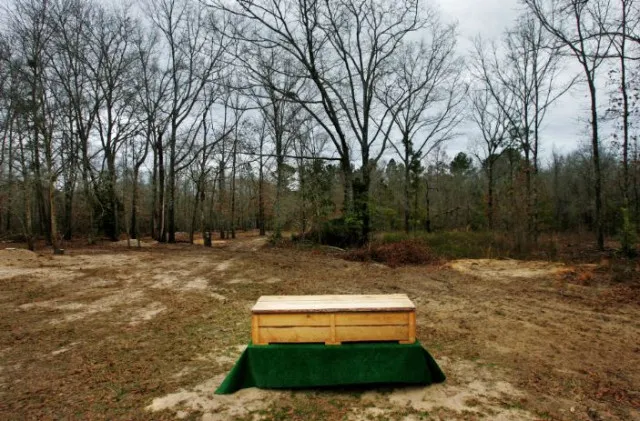
Understanding the reasons behind coffin burials reveals deeper insights into human mortality. From dignity and health risks to cultural significance, each aspect contributes to the practice.
With alternative burial methods gaining popularity, the future of human remains may evolve further. These choices allow individuals to select a final resting place that reflects their values and beliefs.